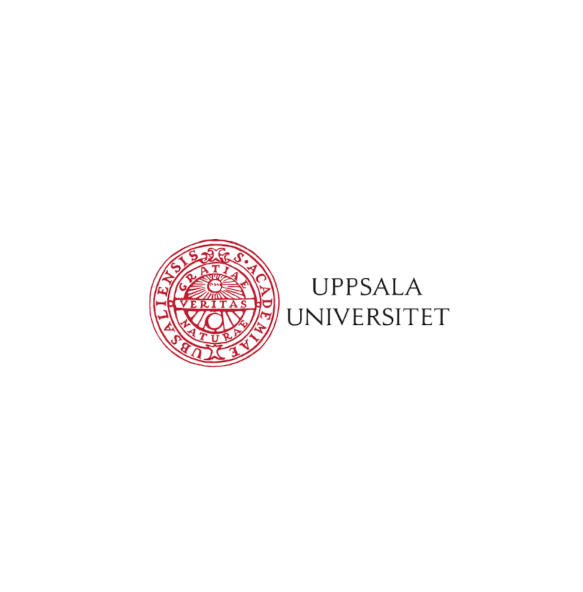About
We currently have two projects related to Creative AI: Project 2 (Data4SCI) focuses on the legal aspects, and Project 1 has a wider focus including also sustainability and ethics.
Project 2 (since autumn 2023): Challenges and Opportunities of Data Legislation for SMEs in the Swedish Creative Industry (Data4SCI)
The European Commission published a set of new legislations relevant to the use of data in machine learning across all economic sectors. One central motivation for this legislation is to rebalance negotiation power for SMEs. Such rebalancing is very timely as SMEs often rely on large platforms for data access and cloud computing in the context of AI, creating dependence and vulnerability of the SME.
Therefore, Data4SCI aims to obtain detailed, empirical evidence of both
advantages and challenges that emerge from data legislation for SMEs in a data-intense field. The cultural and creative industries (CCI) employ data-driven AI methods to recommend, generate, and analyze media content and metadata. CCI plays an increasingly important role in the Swedish economy, with SMEs driving innovation more considerably than in other industries.
The purpose of Data4SCI is to situate legislation into the local context of SMEs in Swedish CCI (SCI), and to critically examine the encounter between the SMEs and new European Data legislation. The following research questions guide this examination:
● What challenges and opportunities does the legislation bring about for Swedish SMEs in the CCI?
● Which alternative formulations of legislation emerge from a critical investigation of central concepts in collaboration with SME?
● In which form can the obtained empirical data be best presented to lawmakers to inform them about the impact of the Data Act on SMEs?
Project 1 (since spring 2021): Socio-cultural consequences and challenges of creative-Ai technology
Artificial intelligence will extend the current possibilities for digital art industries beyond reproduction and distribution: AI facilitates a global automated creation of arts that aims at imitating, combining, and extending existing artistic styles (creative-AI). This has major implications for artistic practice and society in general, which deserve careful study. Central questions investigated in this project are: How is creative-Ai currently used by artist communities, and which future applications do artists imagine? What can guide the ethical use of data for creating AI in the context of the arts? When Ai is applied to creating art, how will it impact economy, environment, fairness and diversity in different cultural contexts? How can answers to these questions guide requirements for intellectual property regimes?
Changes of cultural practice and technology are often analyzed in retrospect, accompanied by praises of new artistic expression, or lamentations of lost purity and diversity. This project will survey the shape of creative-Ai technology and its many consequences on artistic practice and experience. It will involve stakeholders from diverse artistic contexts in interactions with creative-Ai prototypes, and will forecast how interacting with creative-Ai can be experienced by creators and audiences, and how creative-Ai will be conceived of by developers of technology. These analyses will then motivate the development of alternative directions for environmentally sustainable creative-Ai, of ethical guidelines for creative-AI developers and users, and alternative directions for intellectual property rights focused on the specificities of creative-AI.
The methods used in the project combine ethnography, digital methods, sustainability assessment, and recent human-computer interaction approaches with a critical method. The project team consists of experts in science and technology studies, ethnomusicology, sustainability, music informatics and computer science, and an advisory board of experts in law, ethics, media studies and anthropology. The project marks a significant leap concerning environmentally and economically sustainable trustworthy creative-Ai, and establishes necessary conditions for various forms of artistic practice to flourish in the new age of creative-Ai.
Team Members
- Andre Holzapfel (Principle Investigator, KTH)
- Katja de Vries (co-PI Data4SCI, UU)
- Cecilia Åsberg (co-PI Project 1, LiU)
- Bob Sturm (co-PI Project 1, KTH)
- Andreas Kotsios (Senior Researcher Data4SCI, KTH & UU)
- Daniel Pargman (co-supervisor Project 1, KTH)
- Petra Jääskeläinen (PhD Candidate Project 1, KTH)
- Anna-Kaisa Kaila (PhD Candidate Project 1, KTH)
Funding
Marianne and Marcus Wallenberg Foundation, WASP-HS

Duration
2021-2026
Collaborators
We are working in close collaboration with other research institutes, artists, developers, and other stakeholders of Creative-Ai.



